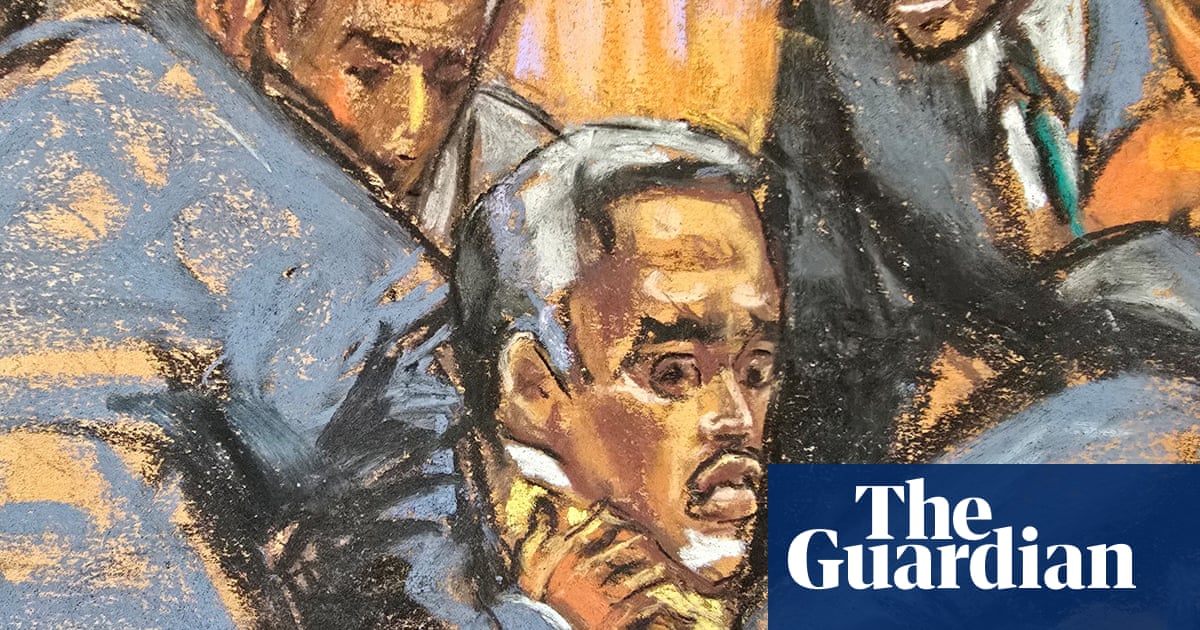The jury in the federal sex trafficking and racketeering conspiracy trial of Sean “Diddy” Combs are entering their third day of deliberations Wednesday morning, one day after announcing they had reached a verdict on four of the five counts the music mogul faces.
Late on Tuesday afternoon, the 12-member jury – comprised of eight men and four women – notified US district judge Arum Subramanian that a consensus had been reached on two counts of sex trafficking and on two counts of transportation to engage in prostitution.
They said that they were unable to agree on a verdict for count one, racketeering conspiracy.
Jurors said in their note that there were “unpersuadable opinions on both sides” regarding the racketeering charge, which is the most serious and complex of the five counts against Combs.
The jury did not reveal the verdicts on the four decided counts, and Subramanian instructed them to continue deliberating about the unresolved charge. The jurors must be unanimous to reach a verdict on any count.
Combs, 55, wasarrested in Septemberand has pleaded not guilty to one count of racketeering conspiracy, two counts of sex trafficking and two counts of transportation to engage in prostitution.
If convicted of all charges, Combs could face life in prison.
Outside the federal courthouse in Lower Manhattan on Wednesday morning, the streets were crowded with press tents and news vans. Dozens of reporters huddled under umbrellas, scanning their phones, and waiting for any scrap of news from the courtroom.
Amid the press stood a handful of Combs’s fans, who were awaiting the arrival of Combs’s family members and for any updates on the verdict.
Combs’s family arrived at the courthouse at 9.20am ET and were surrounded by press as they entered the building.
The government alleges that for more than 20 years, Combs led a “criminal enterprise” – helped by employees and associates – that worked to carry out and conceal a range of crimes including sex trafficking, kidnapping, forced labor, drug distribution, arson and bribery, enticement to engage in prostitution and obstruction of justice.
At the heart of the government’s case are accusations that Combs used violence, intimidation, money, threats and power to force and coerce two of his former girlfriends into participating in highly orchestrated drug-fueled sex events with hired male escorts, that Combs called “freak-offs”.
The defense has argued throughout the seven-week trial that all of the sexual encounters were consensual andpart of what they described as a “swingers lifestyle”. They maintained there was no criminal conspiracy and that Combs was being wrongly prosecuted for his “private” and “personal” sex life.
While his attorneys have acknowledged past domestic violence, they have firmly denied that Combs was involved in any sex trafficking or coercion.
